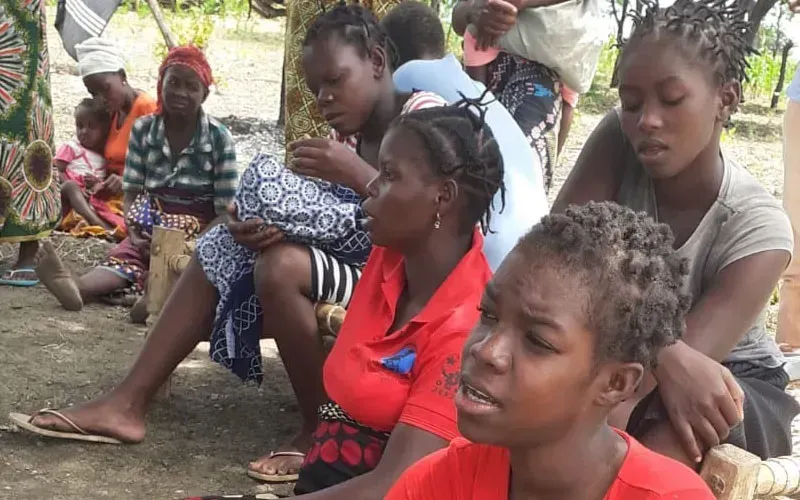Cabo Delgado, 27 February, 2023 / 8:50 pm (ACI Africa).
The alleged suspension of food aid to the Corrane settlement for the internally displaced persons (IDPs) in Mozambique’s Nampula province could be a strategy to force those who have been displaced by violence to go back home, the Catholic charity foundation, Denis Hurley Peace Institute (DHPI), has been told.
IDPs who spoke to the peace entity of the Southern African Catholic Bishops’ Conference (SACBC) said that they have lost, and have no option but to return to Cabo Delgado in northern Mozambique, which is still under militant attacks.
“Some weeks earlier, the responsible UN agencies announced that they had run out of money, and that food assistance would be halted to IDPs. IDPs that DHPI spoke to have lost hope. Most say that they now have no choice but to return. It might not be safe yet where they came from, but at least they would be able to plant crops and catch fish,” DHPI says in a February 24 report.
In Corrane, the IDPs fear death by starvation, the peace entity says, and adds, “There is a widespread belief amongst IDPs that the suspension of food aid is a deliberate strategy to force them to return.”
In November last year, the United Nations World Food Programme (WFP) described Cabo Delgado as “the most food insecure province in Mozambique”, expressing fear that the UN agency could be forced to suspend aid to the hungry owing to a shortage in funding.








